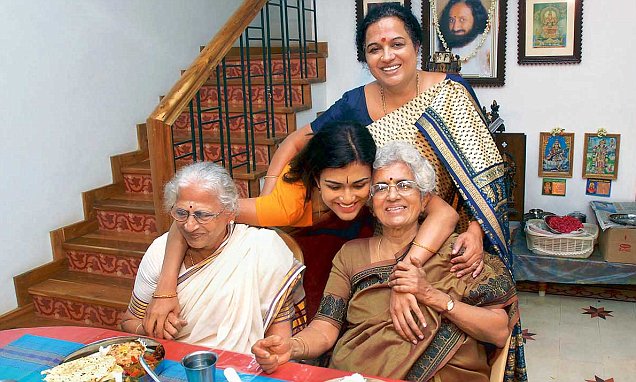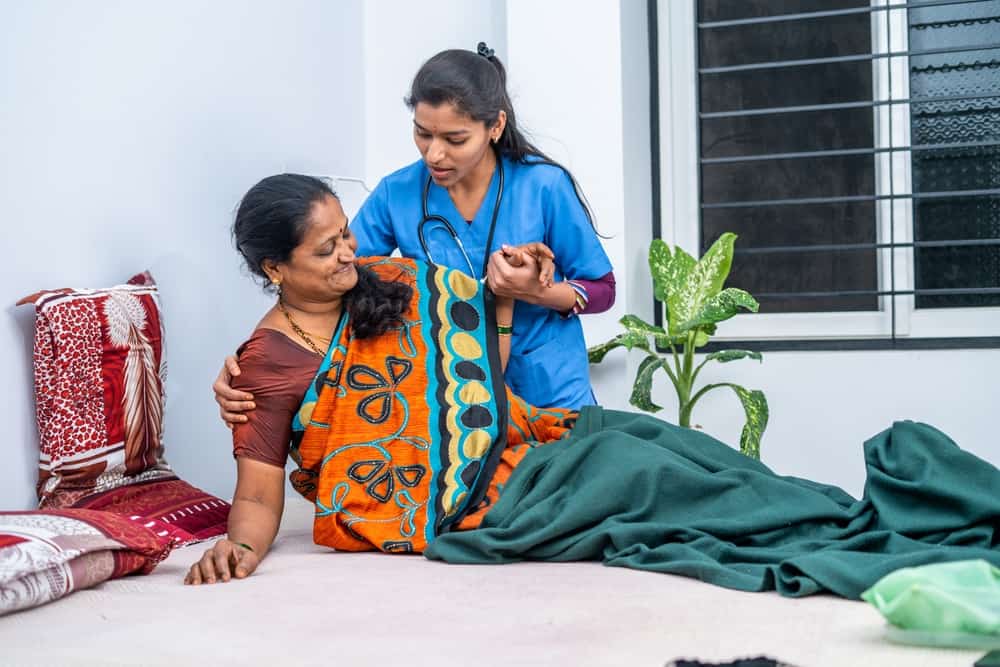Palliative Care Services in Bangladesh: Bridging Gaps in End-of-Life Care
Palliative care, a holistic approach aimed at enhancing the quality of life for patients facing life-limiting illnesses and their families, is gaining recognition worldwide. In Bangladesh, where healthcare infrastructure is evolving, palliative care services are emerging as a vital component of the healthcare system. Despite challenges, initiatives are underway to provide compassionate end-of-life care to those in need.
Bangladesh, like many developing nations, faces numerous obstacles in delivering palliative care. Limited resources, inadequate training for healthcare professionals, and societal stigmas surrounding death and terminal illnesses are some of the barriers. However, the landscape is gradually changing with the establishment of specialized palliative care services across the country.
One such initiative is the introduction of Palliative Care Services in various healthcare institutions throughout Bangladesh. These services encompass a multidisciplinary approach involving doctors, nurses, psychologists, social workers, and volunteers who work collaboratively to address the physical, emotional, social, and spiritual needs of patients and their families.
In Dhaka, the capital city, several hospitals and organizations have pioneered palliative care programs. They provide pain management, symptom control, psychological support, and end-of-life care for patients with cancer, HIV/AIDS, and other life-threatening conditions. Additionally, community-based palliative care initiatives are extending support to patients in rural areas where access to healthcare services is limited.
Moreover, efforts are underway to integrate palliative care into the curriculum of medical and nursing schools, ensuring that future healthcare professionals are equipped with the knowledge and skills to deliver compassionate end-of-life care.
Despite these strides, challenges persist. Funding constraints, a shortage of trained personnel, and a lack of public awareness hinder the expansion of palliative care services. Advocacy, collaboration between government agencies, NGOs, and international organizations, and increased public engagement are crucial in overcoming these obstacles.
In conclusion, while palliative care services in Bangladesh are still evolving, they represent a beacon of hope for patients and families grappling with terminal illnesses. With continued efforts to raise awareness, improve access, and enhance training, Bangladesh is poised to provide dignified and compassionate end-of-life care to all who need it.





